BLOG
EcoCiv Blog
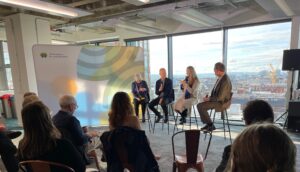
EcoCiv and the UN: Our Special Consultative Status
In 2021, the United Nations Economic and Social Council (ECOSOC) granted the Institute for Ecological Civilization special consultative status. What does this mean for our organization? We can now have a special seat at important, international discussions that relate directly to our organization and the future of an ecological civilization. Consultative status means that EcoCiv
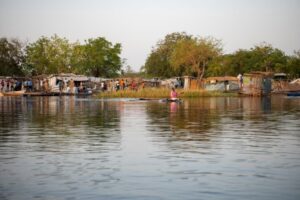
Drinking Water for Today and Tomorrow: South Sudan’s National Training Program
African countries such as South Sudan contribute the least amount of global greenhouse gas emissions but disproportionately feel the effects of climate change. Last year, floods in the country affected and displaced more than 630,000 people. Nhial Tiitmamer, from The Sudd Institute in Juba, writes that “the main climate shocks have been droughts and floods, which have been
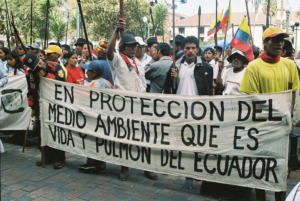
Granting Rights to Nature
The United Nations’ Universal Declaration of Human Rights states that humans have integral rights that must be protected. However, where does nature stand? Does it have a legal basis to protect itself? Or is that duty placed onto humans, who may not always have nature’s best interests at heart? Environmental protection is a newer concept,
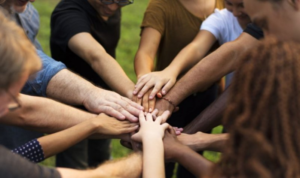
Bringing Humanity Back to an Economy
In today’s society, the term ‘economy’ refers to people thinking individually to pursue capital gain. This removes a sense of community and partnership from current economic models, reducing the power and capacity of the community when making decisions concerning their local economy. At the Institute for Ecological Civilization, we attempt to maximize the sense of
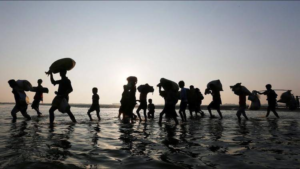
Refugees in the Climate Crisis
In a constantly changing climate, people must transform – whether that be by adapting to their new environment or finding another place that is better suited to their needs. Movement and migrations are a common theme in the world’s history. However, the primary cause of movement has rarely been due to a changing climate, as
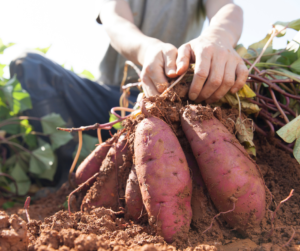
Agrifood Systems: Moving Beyond Binaries
The newly launched Agrifood Systems Program supports localized partners who are working at the intersection of socially equitable and ecologically-rich food and agriculture systems, and connecting them to global resources and knowledge. An intersectional approach to equity and ecology as well as food and agriculture is crucial in moving beyond traditionally binary thinking focused only
